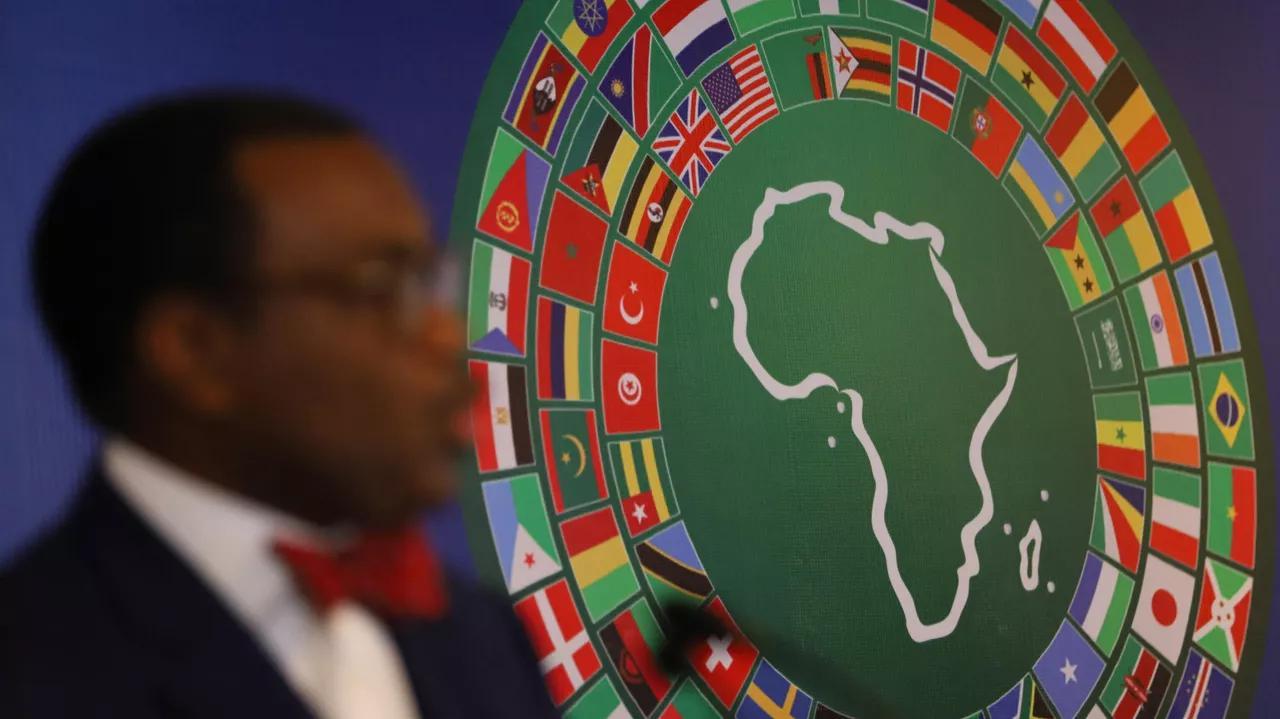Africa-Press – Uganda. As aid budgets shrink dramatically, especially from America, the African Development Bank (AfDB) has recommended that African countries rely more on domestic resources and their diaspora communities, stepping up fiscal reform and cracking down on corruption.
Aid cuts, rising trade barriers: as the United States retreats from the global stage, Africa increasingly needs to look inward for growth and development. Already down by 3% to $35.9bn in 2023, development aid to Africa could fall by another 7% in 2025 as the US withdraws further.
“The current global dynamics and future trends highlight more clearly than ever that reliance on external aid is not a viable development strategy,” says Akinwumi Adesina, president of the AfDB, in its 2025 Outlook, released on 27 May. Adesina will leave office in a few months; his successor, who will be elected on 29 May, formally takes over on 1 September.
According to the report, Africa could mobilise an additional $1.43trn annually from domestic resources across multiple asset classes—fiscal, natural, financial, commercial and human—to spur inclusive and sustainable growth. “This amount exceeds Africa’s annual funding gap, currently estimated at $1.3trn, to achieve the Sustainable Development Goals by 2030,” the report states.
Diaspora bonds and expatriate taxes
Unlocking this potential “requires bold, coordinated, and locally-led policies”, as well as significant investment. That includes digital technology to enhance administrative efficiency, especially tax collection; the “blue economy,” particularly eco-tourism; “green” mineral value chains (Africa holds 30% of global reserves but earns only 40% of the revenue it should); and reclaiming ownership of natural resources, frequently transferred to foreign companies. There is also significant scope in human capital, given that over 60% of the population is under 25, and by 2050, one-quarter of the world’s people will live in Africa.
But how will these ambitious projects—whose costs have yet to be fully estimated—be financed? Domestically, through better taxation of individuals (enhanced by digital tracking technologies) and businesses, particularly by encouraging informal firms to join the formal economy, the AfDB argues.
Funds might also come from the diaspora, via diaspora bonds or formalising remittance flows. The AfDB’s report goes further, raising the possibility of taxing the incomes of African expatriates “to recoup investments in education and other services they received before emigrating.” Yet the bank admits that such a scheme would be vast and complex, and its practical details need careful elaboration.
Tracking illicit financial flows
Another potential funding source is foreign exchange reserves held by central banks, amounting to $411.9bn in 2023. The AfDB suggests redirecting some of this money into sectors that drive growth, such as infrastructure, creating a “virtuous cycle” by boosting exports and further increasing reserves.Finally, tackling illicit financial flows and corruption is crucial. The report advocates new transparency laws to combat illicit finance, corruption, and international profit shifting. Public officials and business leaders must be held accountable for misappropriating resources. Countries without financial intelligence agencies are urged to establish them, promoting collaboration and information-sharing across borders.
For More News And Analysis About Uganda Follow Africa-Press






